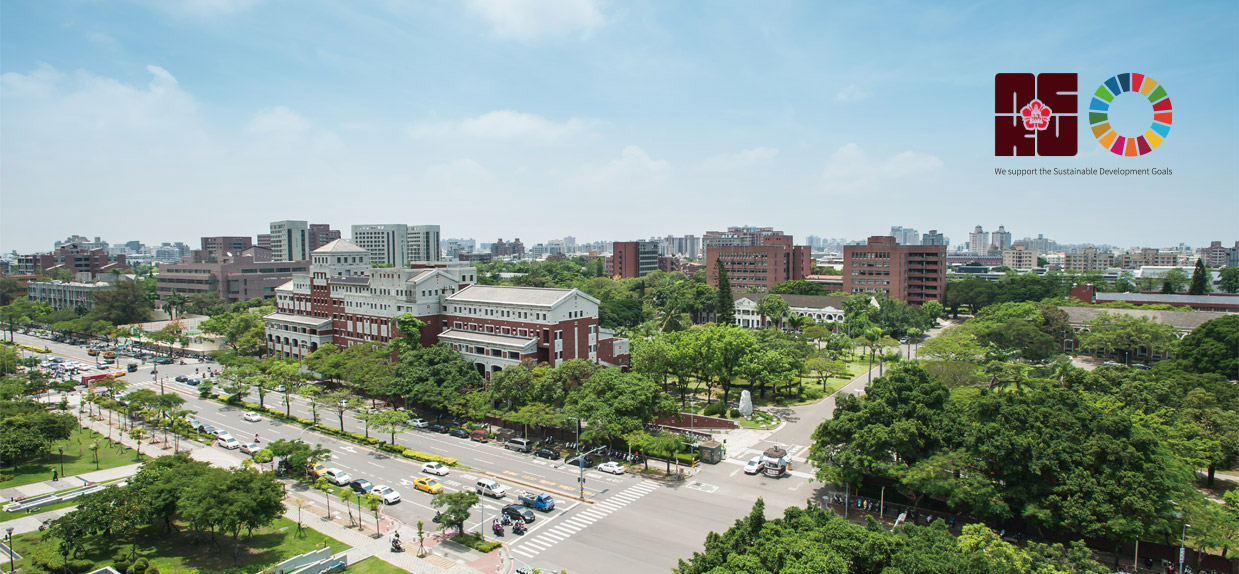The National Cheng Kung University (NCKU) Water Technology Research Center conducts integrated research on natural water flow phenomena in three main areas: water and marine energy, water resource use and disaster prevention, and aquatic environmental conservation. By pooling expertise across departments, colleges, and partner institutions, the center provides professional consulting, industry–academia projects, training programs, patents and technology transfer, and a platform that supports teaching and research in the Department of Hydraulic and Ocean Engineering. It also actively recruits specialists from environmental engineering, agriculture, IT, electrical and mechanical engineering, social sciences, and law to strengthen capacity and accelerate the development and application of advanced water technologies.
To address Taiwan’s complex water resource conditions, the center has developed a universal water supply–demand simulation and management model. This tool helps estimate the capacity of existing facilities, plan new development, evaluate backup water sources, adjust water rights, assess the impacts of dams, and design early warning and emergency response strategies for droughts and water shortages.
NCKU also enhances global collaboration and knowledge exchange. In November 2024, it hosted a six-day international short course, “Land Subsidence and Water Industry: Challenges and Opportunities in Tidal Areas,” co-organized with the Disaster Prevention Education Center and the International Commission on Irrigation and Drainage (ICID). Thirty experts from ten countries took part in lectures, field visits, and group discussions on land subsidence, water management, and climate adaptation in coastal regions, boosting Taiwan’s visibility in disaster prevention and water governance and advancing the UN Sustainable Development Goals.
At the local scale, the Department of Hydraulic and Ocean Engineering promotes sustainable reservoir management—focusing on sediment control and stakeholder coordination—and supports spring ecology conservation in the Wuugu community, where water quality, native species, and cultural heritage are jointly protected.






